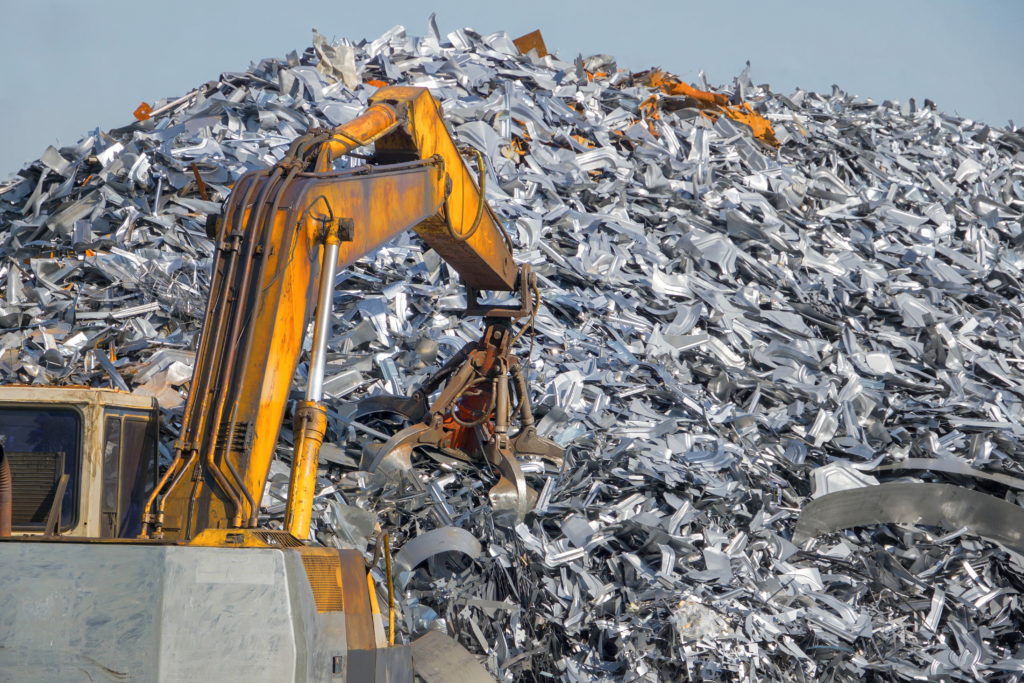I bet some of you are wondering what the title means – particularly international students, or anyone from outside of Lancashire. Well, to translate from my own native Lancastrian into proper English this old adage means there is money in waste.
It reminds me of a visit to a food-manufacturing company a few years back to complete a resource-efficiency review. I had quite a heated discussion on recycling with my contact there, which went something like this:
Contact: “We make x thousands of pounds every year from recycling waste food, cardboard and plastic.”
Me: “But have you investigated any other options to actually prevent or reduce waste?”
Contact: “Why should we? We make x thousands of pounds from sending waste to be recycled every year!”
Me: “But are you aware of the hidden costs associated with waste and recycling? And you do know you’ll never make as much back as you paid for the resources themselves in the first place?”
Contact: “But we make x thousands of pounds from sending waste to be recycled every year. . .”
And so on.
There are times in life when you just have to give up and accept that someone is not going to see it from your point of view – this was one of them!
In some ways, this person’s viewpoint, at least on the surface, had some logic; the company earned quite a bit of cash for sending their waste to be recycled. However, if you dig down a little further it almost seems to be a licence to create waste – a business is incentivised to create more and more waste materials to send for recycling, as it is brings in a lot of revenue.
From a financial perspective there a many hidden costs associated with creating waste, whether it is going to be recycled or not, that are often not considered. For example, a waste material will at some point have been a raw material, resource, or piece of equipment for which a company has paid a lot more than they will ever recoup by selling the resultant waste for recycling.
Additionally, for quality rejects, energy will have gone into making the product that eventually becomes waste. There is also a requirement to move the wastes about, which might require staff who could be carrying out other, more productive duties.
Without wanting to labour a point there could also be many other hidden costs, such as the need to treat the waste, purchase personal protective equipment or extra insurance, and action to comply with waste law. All in all, these hidden costs are likely to add up to much more than is ever made from sending the waste to be recycled.
OK then, I hear you ask, what else should we be thinking of, if recycling is not the most cost-effective option? Say hello to my little friend – the waste hierarchy, as covered in Element 7 (Waste Management) of Unit ED1, NEBOSH Environmental Diploma.
As you can see from the diagram, the number-one option for waste is not to create it at all. All those hidden costs we mentioned earlier are obliterated if there is no waste to deal with. The next best option would be to reuse the waste. There will still be some costs (the waste still has to be managed) but these will be fewer in comparison to creating the waste. Another good option would be to clean or repair the waste so it can be reused.
Then we come to recycling, which sits in or around the middle of the hierarchy. It’s certainly a reasonably good option – it’s much better than sending the waste to landfill, for example – but it is not the most cost-effective option, or the best environmentally.
Just a final thought: at least in the context of recycling, I think the old adage should be something along the lines of: “where there is muck there might be some brass, but you would have been better not to have created the muck in the first place.” Not quite as snappy, though, is it?!

John Binns BSc (Hons), MSc, MSc, MIEMA
With over 15 years’ experience working in environment management, John Binns BSc (Hons) MSc MIEMA is an experienced environmental tutor and consultant with knowledge of health and safety management.
